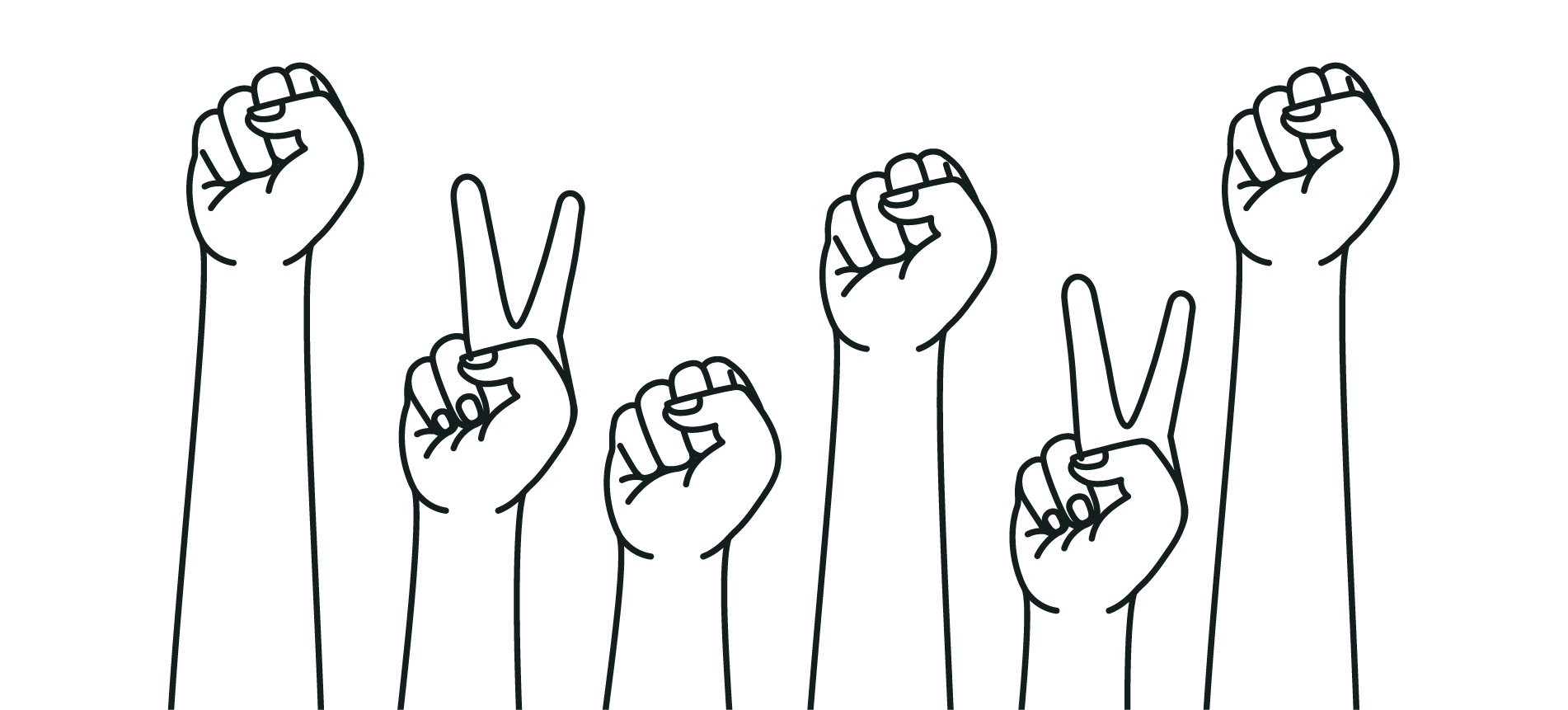Need For a Diversity Think Tank
In direct response to the ideological liberal bias Professor Fosu experienced at the University of Rhode Island, pervasive judicial and political fraud in Rhode Island, suppression of free speech, and systemic lack of intellectual diversity within liberal academic institutions, Professor Louis Kwame Fosu helped to create the Diversity Think Tank with students to document, analyze, and expose entrenched liberal orthodoxy and institutional misconduct that violate constitutional principles of free expression and equal protection.
The Diversity Think Tank trains students, advocates and young people to be guardians of truth—to think critically and embrace true intellectual diversity while rejecting the debilitating hegemonic liberal thought control that is pervasive in our media and judiciary. We teach students and young people that diversity is not what liberals or Democrats define, design and dictate it to be—diversity is the freedom to exercise their First Amendment right to courageously speak up and accuse powerful Democrats of endemic corruption in Rhode Island and institutional racism that is deeply entrenched in Rhode Island Democratic culture: https://www.golocalprov.com/news/its-a-long-tradition-in-ri-whitehouse-defends-familys-membership-in-all-whi
To quote Chief Justice Earl Warren in the landmark 1954 Brown v. Board of Education decision—which dismantled the racist “separate but equal” doctrine and was argued by African-American civil rights lawyer Thurgood Marshall, then lead attorney for the NAACP, “Segregation of white and colored children in public schools has a detrimental effect upon the colored children. … To separate them from others of similar age and qualifications solely because of their race generates a feeling of inferiority as to their status in the community that may affect their hearts and minds in a way unlikely ever to be undone.”
In America today, a troubling phenomenon has emerged: some educated Black Americans, shaped by generations of systemic racism and the inherited trauma of centuries of oppression and lynching, are now living the very reality Chief Justice Earl Warren warned of in Brown v. Board of Education. They also face what Justice Felix Frankfurter described in Wieman v. Updegraff (1952) as a “chilling effect” — a quieting force that suppresses dissent and punishes independent thought. Especially in today’s universities, liberal bias and ideological conformity have become pervasive instruments of thought control — silencing diverse perspectives and reinforcing institutional oppression.
This chilling effect has led some African Americans to a point where they are unwilling — or feel unable — to speak out on behalf of their own marginalized communities. As in Wieman, Black faculty and administrators are often pressured to implicitly pledge loyalty to institutional structures that perpetuate racial oppression, or risk losing their livelihoods.
We witness this tragic dynamic at the University of Rhode Island and other institutions, where some African-American men and women—along with other historically oppressed individuals—have become deniers of liberal bias and institutional bigotry in universities dominated by progressive leadership. Many are now actively complicit in upholding and defending the very dehumanizing actions of so-called progressives that continue to harm their own communities.
In the Wieman v. Updegraff case, Supreme Court Justice Felix Frankfurter delivered a powerful opinion emphasizing the essential independence of educators [academic freedom] in a democratic society:
“The process of education has naturally enough been the basis of hope for the perdurance of our democracy on the part of all our great leaders, from Thomas Jefferson onwards. To regard teachers — in our entire educational system, from the primary grades to the university — as the priests of our democracy is therefore not to indulge in hyperbole. It is the special task of teachers to foster those habits of open-mindedness and critical inquiry which alone make for responsible citizens, who, in turn, make possible an enlightened and effective public opinion. Teachers must fulfill their function by precept and practice, by the very atmosphere which they generate; they must be exemplars of open-mindedness and free inquiry. They [teachers] cannot carry out their noble task if the conditions for the practice of a responsible and critical mind are denied to them. They must have the freedom of responsible inquiry, by thought and action, into the meaning of social and economic ideas, into the checkered history of social and economic dogma.”
If Justice Felix Frankfurter were alive today, it is likely he would view the current state of many universities with deep concern. These institutions often fail to recognize their own bias, suppression of free speech, lack of academic freedom, and the selective application of constitutional principles. No university that truly upholds the U.S. Constitution and civil rights laws should require DEI programs that function as covertly repressive and dehumanizing systems—substituting convoluted procedures for the actual protections guaranteed by civil and constitutional rights, especially those of educators.


